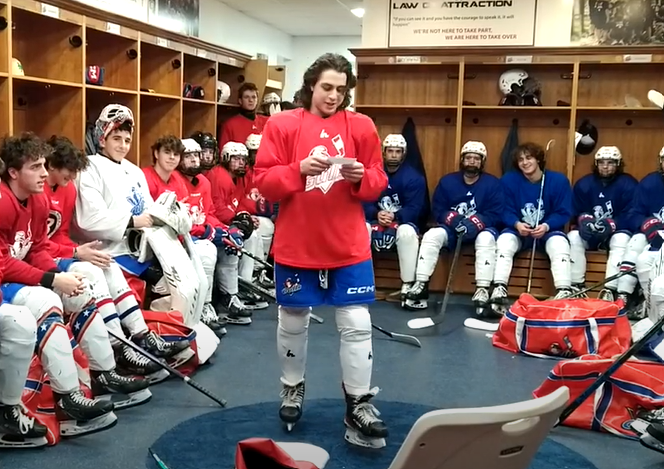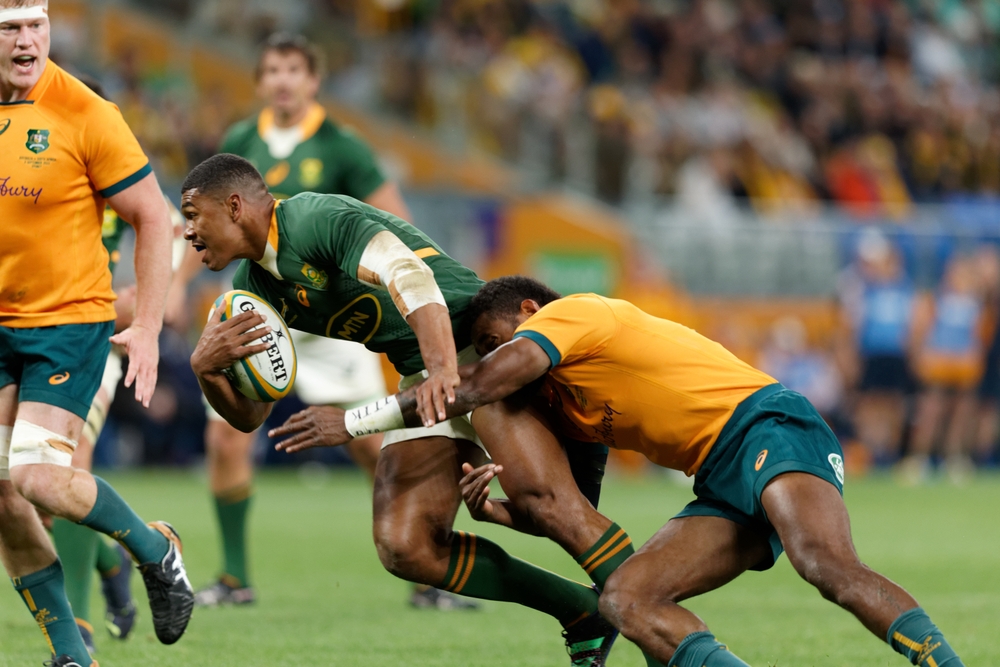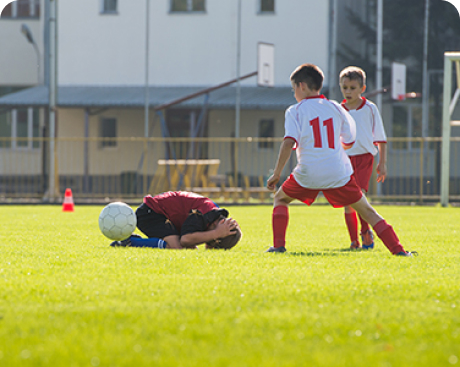The Team Up Against
Concussions Speech
The Team Up Against Concussions Speech
If a concussion goes unreported or is managed incorrectly, it can derail an athlete’s season, their career, and in the worst cases, their life. Our Team Up Against Concussions (TUAC) speech is designed to protect against the worst outcomes of concussion: longer recovery, Post-Concussion Syndrome (PCS), and second impact syndrome (SIS).
The speech leverages the bystander intervention model to deliver a simple message to the team: a teammate with a concussion needs your help and should receive immediate medical attention.
Our Concussion Legacy Captains commit to giving the TUAC speech to their teams before every season.
Here’s an example of the Team Up Against Concussions speech in action:

The Speech
Giving the Team Up Against Concussions speech is easy, quick, and establishes a strong concussion culture on a team. The speech has three main points:
1. We’re a team, and teammates look out for each other.
2. A teammate with a concussion needs your help.
3. I expect you to speak up to me, a coach, or an athletic trainer if you think a teammate has a concussion.
Give the speech that could save a season, a career, or even a life.
Why give the TUAC speech?
Concussion Legacy Captains give the Team Up Against Concussions speech to their team to improve concussion reporting so we can prevent the worst outcomes of concussions. The latest research tells us the program is both necessary and effective. Here’s why:
- Immediate removal from play is crucial – A University of Florida study of 506 NCAA athletes found those who stopped playing after a concussion missed three fewer days of competition than those who continued playing. Immediate removal from play also decreased the likelihood an athlete would miss more than two weeks of the season by 39%.
- Self-reporting concussions is unreliable – Researchers at Arizona State University surveyed 600 Division I NCAA athletes and found those who were well-educated on concussion still struggled to self-report their injuries. Why? Athletes may struggle to recognize their own concussion because their brain is injured. Or, if they do recognize the injury, they feel social pressure to hide it.
- Team leaders affect concussion reporting outcomes – A study from the University of North Carolina Greensboro found when athletes know their coach wants them to report concussions, they do it. If an athlete doesn’t know what will happen when they report a concussion, they are less likely to report themselves or a teammate. Clear, specific instruction helps to eliminate hesitation in concussion reporting.

